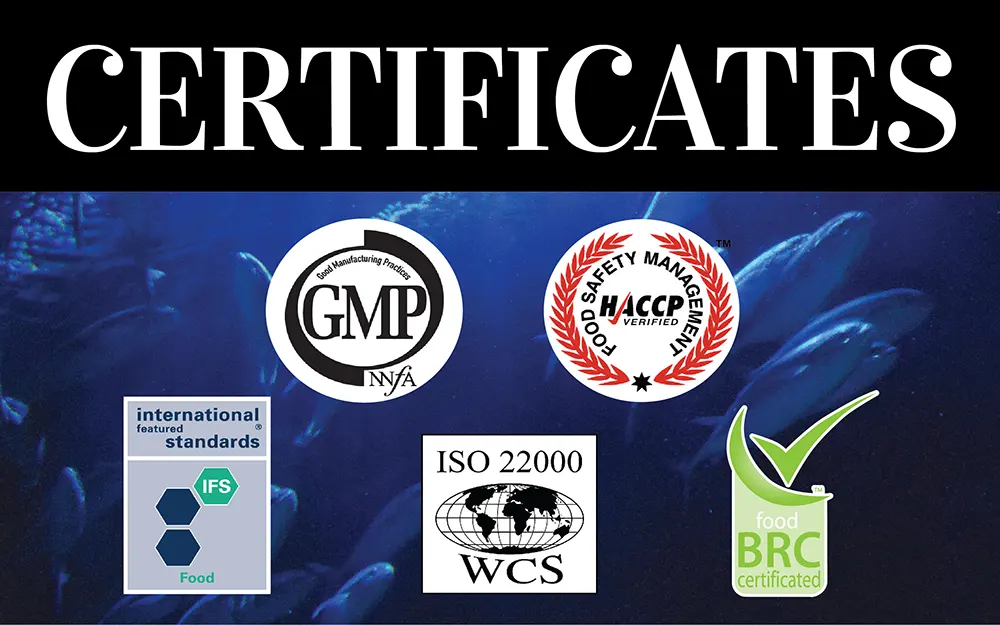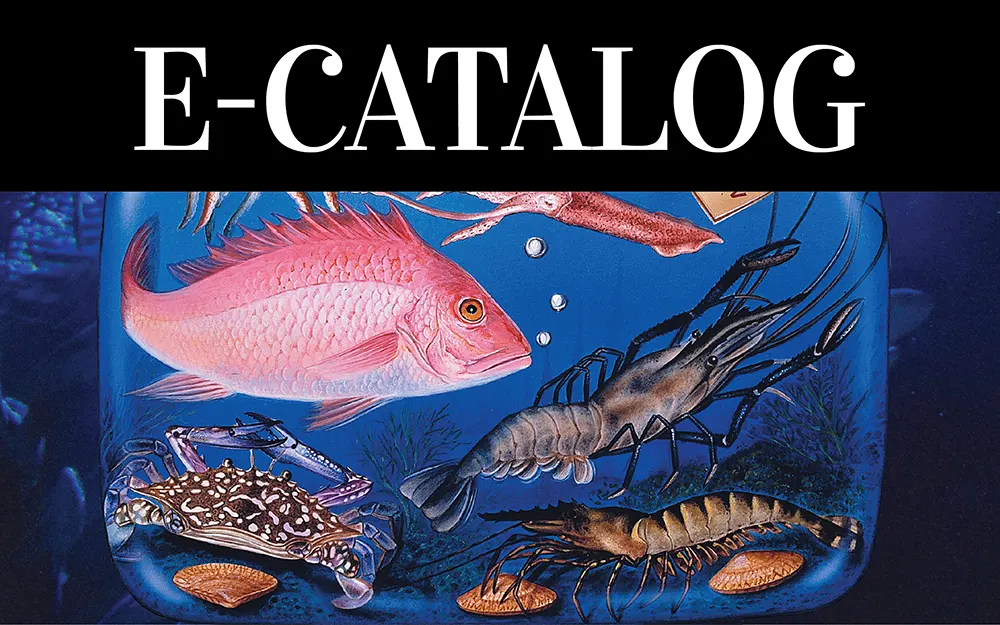Published: 26 October 2012
It’s just a part of doing business these days.
Top shrimp suppliers in the United States say the Global Aquaculture Alliance’s Best Aquaculture Practices (BAP) stamp of approval is no longer just nice to have – it is a must have.
“I would say 100 percent of our shrimp imports are from GAA approved facilities,” Marc Nussbaum, President and COO for shrimp and seafood importer International Marketing Specialists (IMS), told IntraFish.
Five years ago, that number was 25 percent.
“A lot of customers required it. It made sense to say to our suppliers ‘we have to do this,’” Nussbaum said.
Brendan Curan, vice president of shrimp procurement for AquaStar, echoes Nussbaum’s comments.
“Virtually all of our supply base is BAP certified,” Curan said.
More and more shrimp companies are now requiring outside party verifications, said Gavin Gibbons, communications director for the National Fisheries Institute (NFI).
“From a third-party standpoint, we do hear more and more about customers requiring third-party certification,” Gibbons said.
For supermarkets, certifications are an important way to prevent negative press about unsustainable practices leaking out to the media.
“The supermarkets want to protect themselves,” said Jim Gulkin, CEO of Siam Canadian. “They want more certifications about raw material sustainability, processing hygiene. So more certifications are required, and I think that will only continue.”
BAP is one of the most prevalent certifications that customers ask for, Gulkin told IntraFish. But considering the fragmented nature of the shrimp industry in Asia — the United States’ supply base — the number of suppliers that can afford to obtain BAP certification is limited.
“It narrows the playing field in terms of producers who can comply with the standard,” Gulkin said.
Source:
Contact us for more formation:
Email: info@siamcanadian.com



